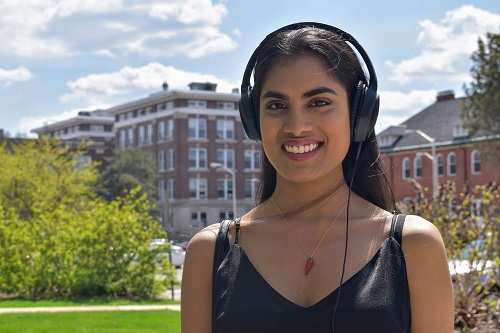 Chelsie Boodoo
Chelsie Boodoo
Chelsie is a Biomedical Engineering Ph.D. student studying extracellular stress. Along with fellow students, she has collaborated in designing a welcoming environment that fosters all aspects of Science Communication (scicomm) in a modern, dynamic, youthful way for all. She is the founding President of MSU SciComm. Her passion for scicomm drives her to find unconventional and inspiring ways to mix science with the art of storytelling. She currently co-hosts the award-winning show, "The Sci-Files," on Impact 89FM, exploring various MSU student research topics. She is also the Digital Content Creator for the MSU Science Festival.
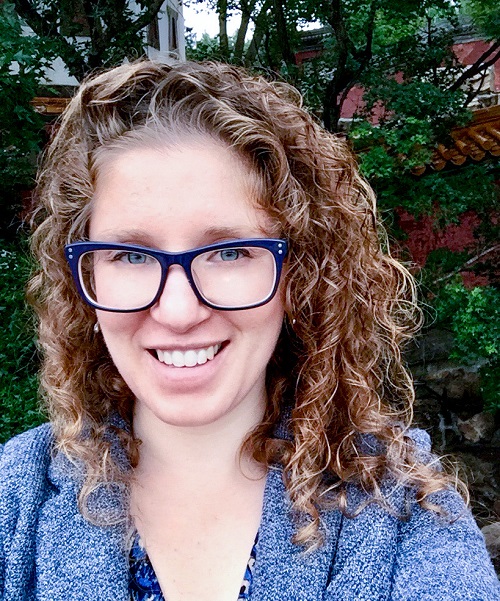 Sarah Galvin
Sarah Galvin
Sarah Galvin is a PhD candidate in the Educational Psychology and Educational Technology program at MSU. Her research focuses on the intersection of social media, literacy and identity. Specifically, her recent projects have explored authorship and how both students and teachers practice identities as authors in online and offline spaces. For her dissertation, Sarah is investigating preservice teachers’ authorship on social media and its impact on their composition instruction in the classroom. She has shared her work widely with scholars and educators at conferences including AERA, SITE, ICLS, NCTE, and NCTEAR, as well as through various teacher professional development events in East Lansing and surrounding communities. Find her recent publications in TechTrends (2019), Information and Learning Sciences (2020), Policy Insights from the Behavioral and Brain Sciences (2019), and Teachers College Record (2019, 2020).
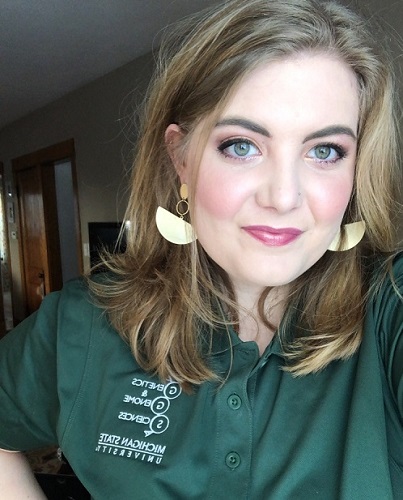 Amanda Koenig
Amanda Koenig
Amanda Koenig is a 5th year PhD candidate in the Genetics and Genome Sciences (GGS) Program and the Molecular Plant Sciences Program. Her research with the Hoffmann-Benning lab uses microscopy, optogenetics, transcriptomics, and biochemistry to study lipid-mediated systemic signaling in abiotic stress response in plants. This fundamental research ultimately aims to improve crop sustainability and food security. Outside of the lab, Amanda serves as President of both the GGS Graduate Student Organization and the Mid-Michigan Chapter of Graduate Women in Science (GWIS), as well as the chair of the 2021 GWIS National Conference and the 2023 Gordon Research Seminar on Plant Lipids. Through outreach and professional development activities, GWIS Mid-Michigan works to make STEM more accessible and equitable. Amanda is a GWIS representative to the American Association for the Advancement of Science (AAAS) and aims to pursue a career in science policy. This career path was reaffirmed by an internship in Washington D.C. through an USDA NIFA National Needs Fellowship and work with the non-partisan, non-profit organization Science Debate. After graduation, she hopes to earn an AAAS Science and Technology Policy Fellowship.
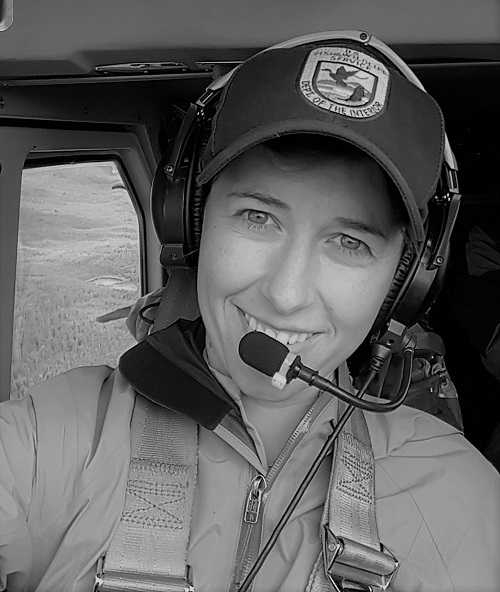 Tracy Melvin
Tracy Melvin
Tracy Melvin is a PhD candidate in the Department of Fisheries and Wildlife working with Dr. Gary Roloff in the Applied Forest and Wildlife Ecology Laboratory. Her research focuses on biodiversity conservation in the Anthropocene specific to climate adaptation. Her work is global in scope but focuses on the Kenai Peninsula in Alaska as a case study. Tracy works closely with interdisciplinary groups working on ecological transformation across the US and with the National Fish Wildlife and Plants Climate Adaptation Network. Tracy has co-created and co-taught the award-winning study abroad program “A Fragile Fiji: Integrating Ecology and Human Dimensions in the Face of Climate Change”, is a fellow for the United States Geological Survey, and a student trustee for The Nature Conservancy, Michigan Chapter. Tracy is serving as a co-coordinator of the Leadership Institute at MSU, where she previously served as a Leadership Development Fellow. In this role, her activities focused on all-college and university-wide community building through vulnerable storytelling tailored around universal, shared human experiences. After obtaining her degree, Tracy would like to teach at the collegiate level, focusing research on global conservation challenges and promoting a laboratory that emphasizes educational opportunities for students in developing countries.
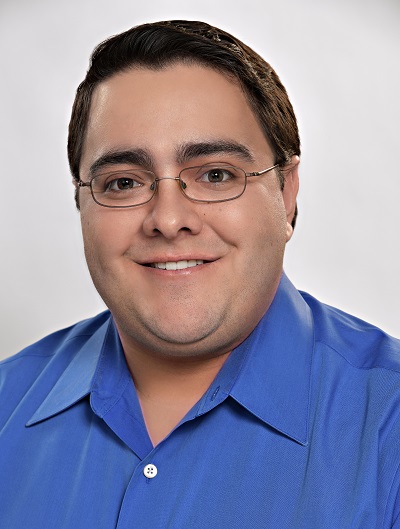
Corbin Standley
Corbin is a fourth-year PhD student in the Ecological-Community Psychology program. His work focuses on public health and community-level approaches to suicide prevention through capacity building, equitable systems change, and policy change. Corbin’s research agenda broadly examines how social and systemic contexts impact suicidality among youth and the role of social-ecological factors in prevention. More specifically, his work examines how oppression and marginalization, intersectionality, and social support shape youth suicide risk and prevention. Corbin has presented his research at multiple regional, national, and international conferences and was the 2020 recipient of the American Association of Suicidology’s Citizen Scientist Student Award. Corbin has worked with community-based organizations across the country to turn data and research into action to create change. He has served on numerous boards and coalitions, including multiple departmental student groups and the local Tri-County LifeSavers Suicide Prevention Coalition. Corbin also serves as Chairman of the Board of Directors for the Michigan Chapter of the American Foundation for Suicide Prevention (AFSP) helping to oversee the organization’s research, education, advocacy, and support efforts to save lives and bring hope to those affected by suicide. Corbin is also engaged in policy work at the state and federal levels helping to advocate for mental health and suicide prevention legislation. These efforts earned him the Sandy Martin Grassroots Field Advocate of the Year Award from AFSP in 2019. In 2020, he was appointed by Governor Whitmer to serve on Michigan’s State Suicide Prevention Commission. As a Commissioner, he also serves on the Policy and Data Subcommittees helping to provide key research, data, and policy recommendations to the state legislature.


